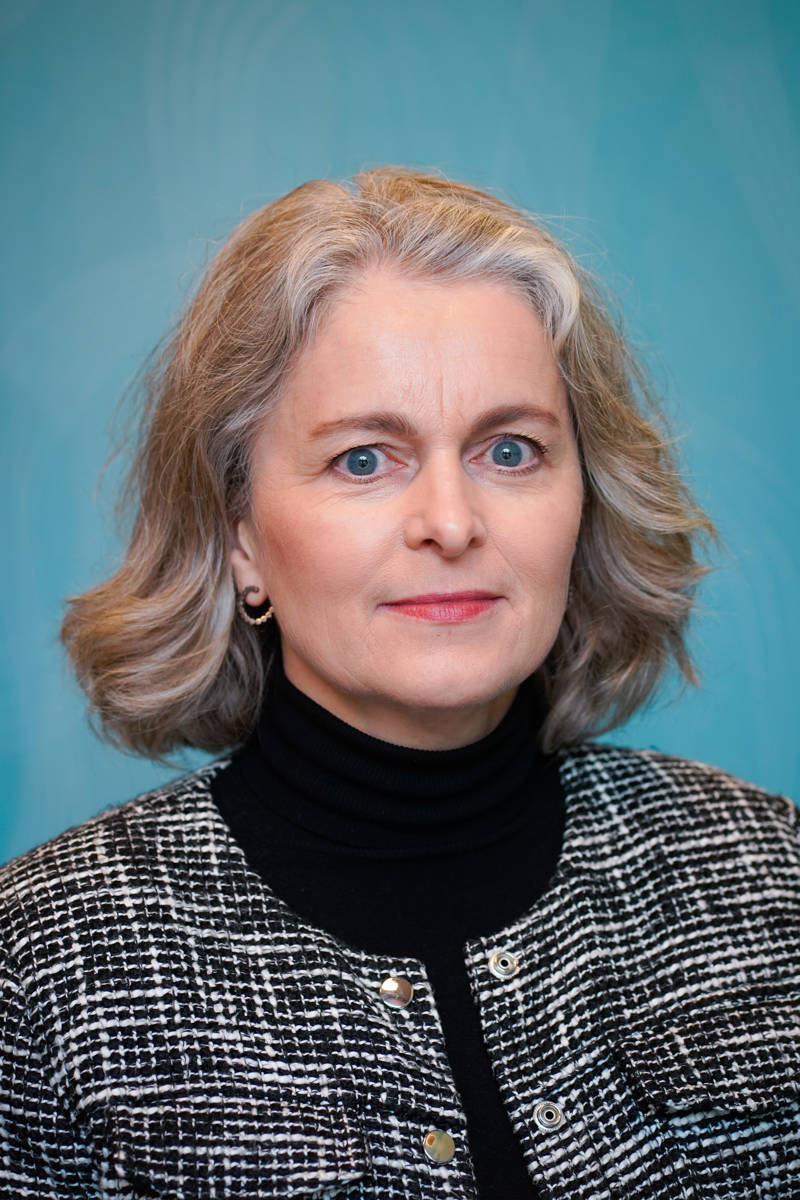
Torunn L. Tryggestad joined FOKUS and NORAD to discuss the challenges facing women in Ukraine and their role in peacebuilding and reconstruction amid the ongoing war.
The GPS Centre’s Director, Torunn L. Tryggestad, participated in a joint event with FOKUS and NORAD to discuss the pressing challenges faced by women in Ukraine amid the ongoing war. The panel brought together experts, policymakers, and activists to explore the intersection of gender, peacebuilding, and reconstruction efforts in the region.
A central theme of the discussion was the marginalization of women in decision-making processes. As one panellist noted, “When we talk about gender, the audience is predominantly composed of women; when we talk about reconstruction, men are often the only attendees.”
The panel stressed the need for a more inclusive approach to reconstruction that incorporates women’s perspectives and addresses their disproportionate burden in times of conflict and recovery.
Key points highlighted during the event included:
- Economic Impact: Women in Ukraine are disproportionately affected by the war, with 72% of the formally unemployed being women and a significant gender pay gap limiting their workforce participation.
- Violence and Trauma: Reports show a 14% increase in domestic violence, exacerbated by returning veterans with untreated PTSD, as well as widespread sexual violence in conflict zones.
- Humanitarian Crisis: Women and girls comprise the majority of internally displaced persons (57%) and those needing humanitarian assistance (56%).
- Women’s Leadership: Women are leading grassroots recovery efforts through self-help groups and civil society organizations, but their inclusion in formal peace processes remains limited.
The panel also highlighted the resilience and strength of Ukraine’s women’s rights organizations, which continue to push against gender inequality despite numerous challenges.
The conversation emphasized that the war’s long-term effects on women’s rights and opportunities require immediate, sustained action and underscored the importance of integrating gender perspectives into all aspects of Ukraine’s recovery, ensuring a more equitable and inclusive future.





